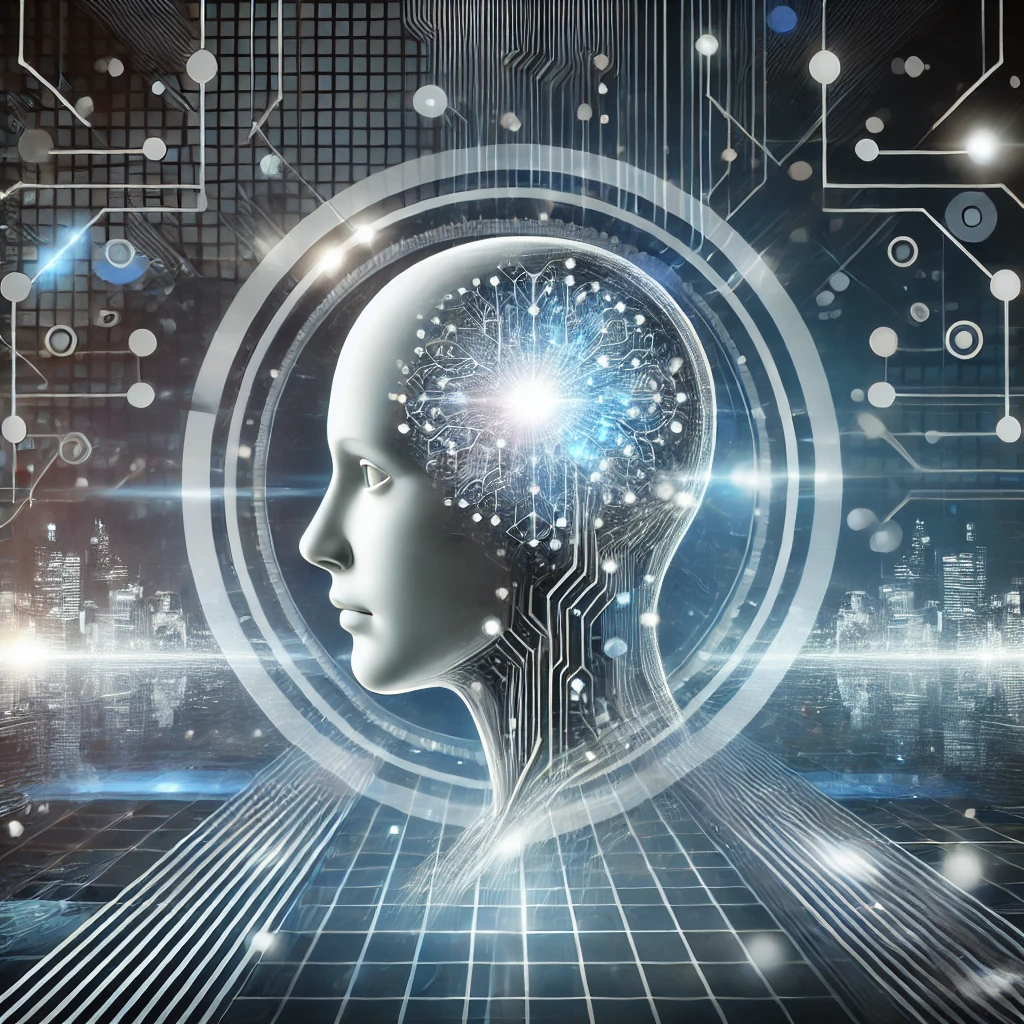Artificial Intelligence (AI) is no longer a futuristic concept—it has become a fundamental part of our daily lives. From self-driving cars to virtual assistants like Siri and Alexa, AI has revolutionized how we interact with technology. But as this technology continues to evolve, its impact on society grows more profound, bringing both opportunities and challenges.
The Rise of AI
AI refers to the simulation of human intelligence by machines, enabling them to perform tasks that typically require cognitive abilities such as problem-solving, learning, decision-making, and natural language processing.
The emergence of AI can be traced back to the mid-20th century, but advancements in computing power, big data, and machine learning algorithms in recent years have accelerated its development. Today, AI is not just a concept for tech enthusiasts—it is reshaping industries, driving innovation, and influencing society at large.
AI’s Impact on Society
1. Revolutionizing Industries
AI has brought significant changes to various sectors, making processes faster, more efficient, and less costly:
- Healthcare: AI-powered tools assist doctors in diagnosing diseases, predicting outbreaks, and personalizing treatment plans.
- Finance: AI algorithms detect fraudulent activities, automate trading, and provide personalized financial advice.
- Retail: AI enhances customer experiences through recommendation systems and chatbots.
- Transportation: Self-driving cars and AI-based logistics systems are revolutionizing how goods and people move.
2. Transforming the Job Market
One of the most debated impacts of AI is its effect on employment. While AI automates repetitive and manual tasks, it also creates new opportunities in fields like AI development, data analysis, and robotics. However, the transition requires reskilling and upskilling the workforce to meet the demands of an AI-driven economy.
3. Enhancing Daily Life
AI applications like virtual assistants, smart home devices, and personalized content recommendations have made daily life more convenient. Whether it’s Netflix suggesting your next favorite show or Google Maps predicting traffic conditions, AI tailors experiences to individual preferences.
4. Ethical and Privacy Concerns
The rise of AI also brings significant challenges:
- Privacy: AI systems often rely on vast amounts of personal data, raising concerns about data security and misuse.
- Bias: AI algorithms can perpetuate biases present in their training data, leading to unfair or discriminatory outcomes.
- Accountability: As AI systems become more autonomous, questions about accountability and transparency become critical.
5. Social Impacts
AI has the potential to address societal challenges, such as climate change and global healthcare disparities. For instance, AI-powered tools can predict natural disasters, optimize energy consumption, and accelerate scientific research. However, ensuring equitable access to AI technologies remains a challenge, as the benefits are often concentrated in developed regions.
The Way Forward
The growing influence of AI demands a balanced approach to its development and deployment. Governments, businesses, and researchers must collaborate to ensure ethical standards, transparency, and fairness in AI systems. Policymakers need to address challenges related to data privacy, algorithmic bias, and workforce transitions to ensure AI benefits society as a whole.
Conclusion
Artificial Intelligence is a transformative force that has the potential to drive unprecedented progress across every aspect of life. While it brings immense opportunities to improve efficiency and solve complex problems, it also requires careful management to mitigate ethical and societal risks. As we move forward, the key to a sustainable AI-powered future lies in fostering innovation while prioritizing human values, equity, and inclusivity.

